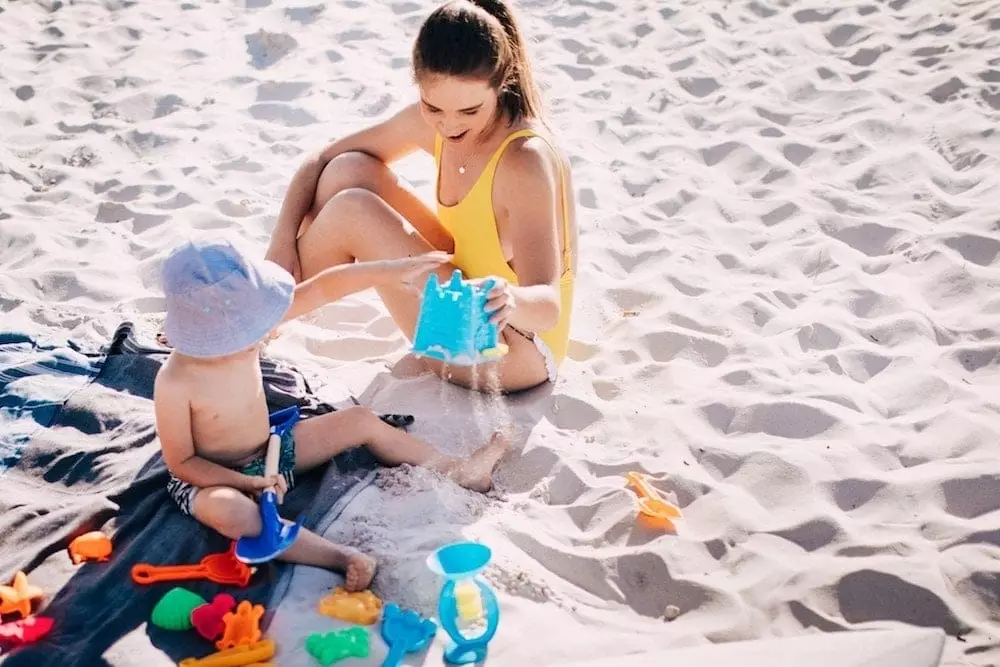Planning a family vacation can sometimes feel like a financial juggling act, with hotel fees, rental costs, and travel expenses piling up quickly. However, as daunting as the costs can be, research reveals that the emotional and psychological benefits of family vacations outweigh the financial considerations. Instead of merely viewing these trips as a burden on the bank account, families should see them as invaluable investments in their emotional well-being.
Studies conducted by researchers at the University of Toronto emphasize that experiences, such as family vacations, offer a profound emotional return on investment. Instead of accumulating physical items, families that choose to spend time together on adventures create lasting memories that foster stronger relationships and promote happiness. Lead researcher Cindy Chan articulates that experiences engender more intense emotional connections than material possessions. The joy derived from shared moments—like hiking in the woods or enjoying a beach sunset—creates a binding experience that material gifts simply cannot replicate.
The power of shared experiences is highlighted further by a survey conducted in the UK, which revealed that nearly half of the participants regarded their favorite childhood memories as stemming from family vacations. Over 55% expressed that the joyous times spent together on holidays would remain with them for life. This sense of nostalgia serves not only as a fond reminder of happy times but also acts as a psychological “happiness anchor.” John McDonald, Chief Executive of the Family Holiday Association, explains that these cherished memories can provide comfort and perspective during challenging times. Engaging in reflection about the joyous moments can infuse families with resilience, allowing them to tackle difficulties with renewed vigor.
Beyond emotional well-being, vacations can have cognitive benefits for children that deserve some attention. According to Dr. Margot Sunderland, a child psychotherapist, travel can create an “enriched environment” conducive to cognitive and social development. Experiences like building sandcastles or embarking on outdoor adventures activate brain functions that not only stimulate curiosity and creativity but also support crucial cognitive growth. Sunderland posits that choosing a family holiday over consumer goods—such as gadgets—can yield lasting developmental advantages. The benefits of stimulating a child’s brain through firsthand experiences far outweigh the temporary allure of toys or devices.
Participants in family vacations also engage in activities that enhance emotional bonding; shared experiences trigger neurochemicals such as oxytocin and dopamine, which promote feelings of warmth and connection. This emotional recharge allows family members to engage more meaningfully with each other, reinforcing the family unit. Vacations thus function as enriching experiences, nurturing relationships and imparting invaluable psychological benefits for both parents and children alike.
Fortunately, families need not travel across the globe to reap the benefits of vacationing together. Whether it’s a drive to a local lake or a planned excursion to a beachfront resort, even short trips can yield impressive emotional dividends. The key is to prioritize shared experiences, regardless of the destination. In today’s world, resources abound to simplify the vacation planning process. A prime example is the option to rent necessary vacation items rather than lugging them around. Services such as BabyQuip offer an impressive selection of gear—like strollers and cribs—that can be delivered directly to your holiday destination. This option significantly reduces logistical stresses, allowing families to focus on what truly matters: spending quality time together.
Another popular alternative for family-friendly accommodations is using platforms like Vrbo. With millions of rental properties available, parents can choose spaces that cater to their unique needs. Private homes afford families the convenience of space and privacy, making it easier to manage young children and create an environment conducive to relaxation and connection. Whether it’s roasting marshmallows by a fire pit or soaking in ocean views from a rental balcony, the options are endless, allowing families to find their ideal escape.
The emotional and cognitive benefits of family vacations serve as a compelling argument to prioritize experiences over things. By investing in shared adventures, families not only create cherished memories that can be revisited time and time again but also enjoy a range of developmental benefits, particularly for their children. So the next time planning a family getaway seems daunting, remember: the priceless value of shared experiences is far more significant than the costs incurred. Your family’s happiness and connection are truly worth the investment.

